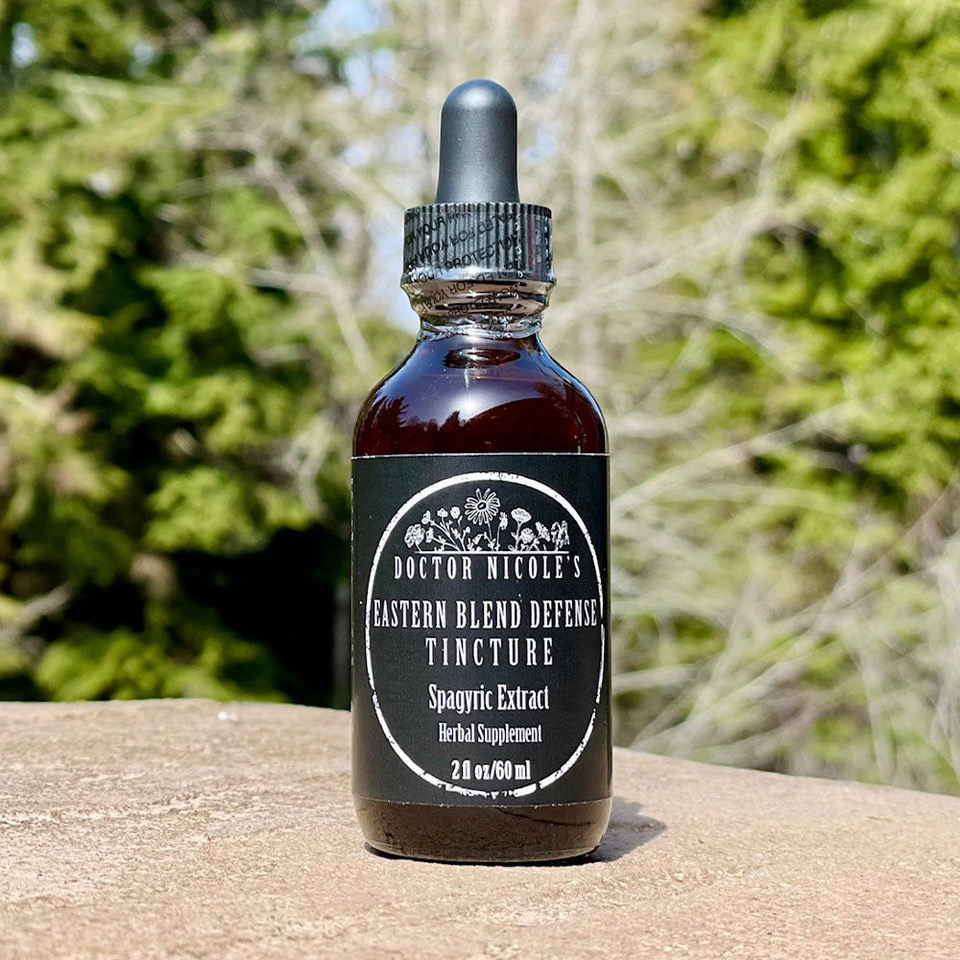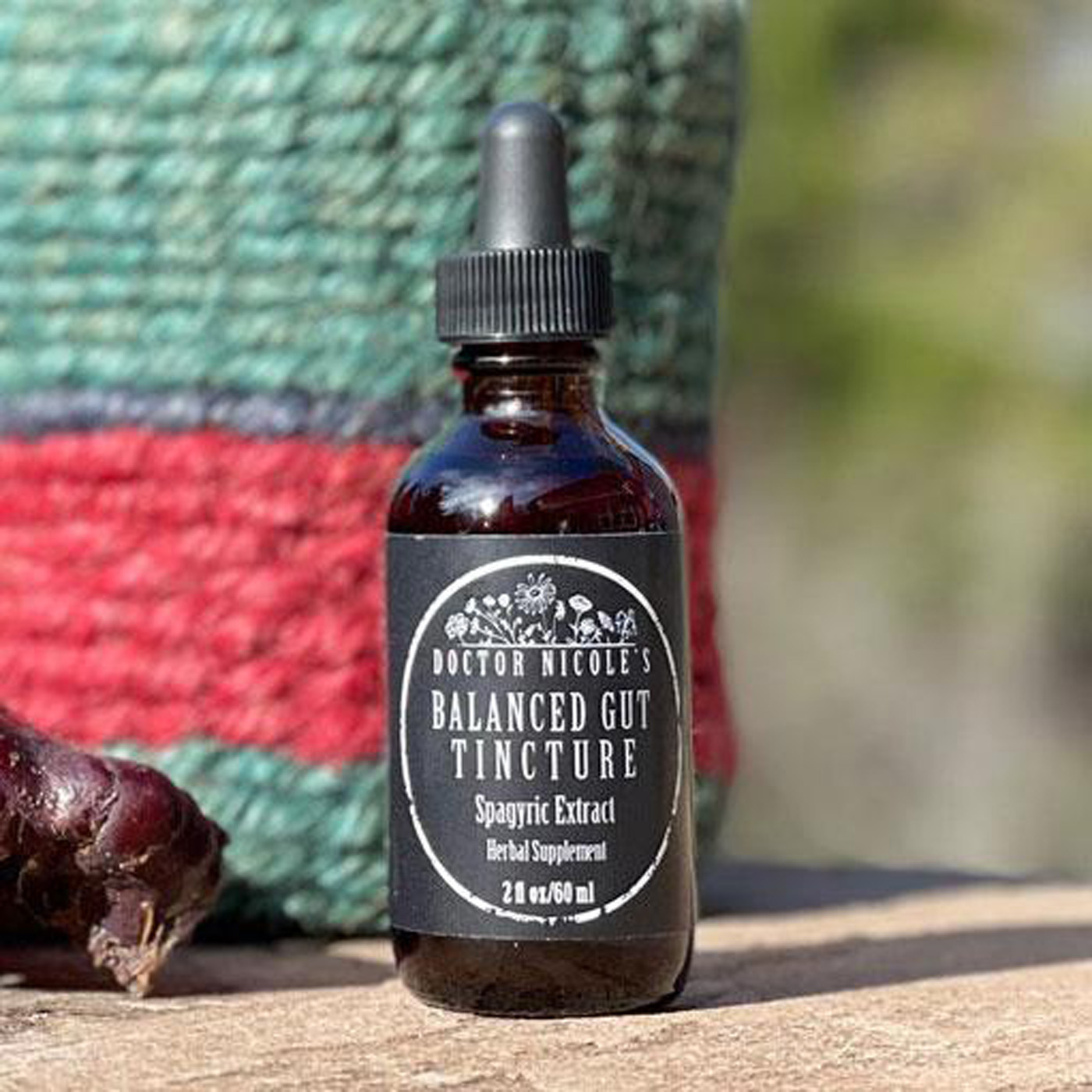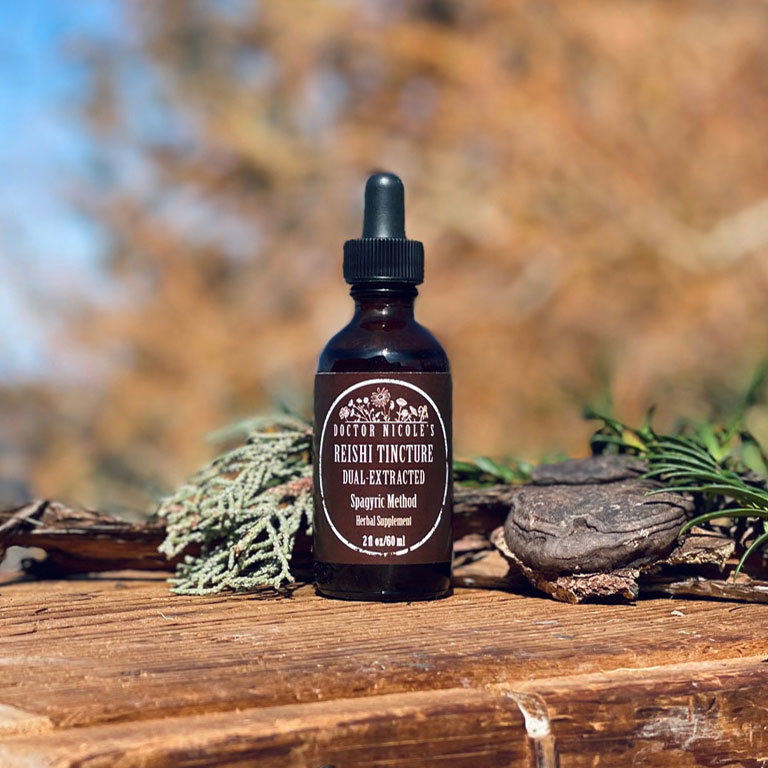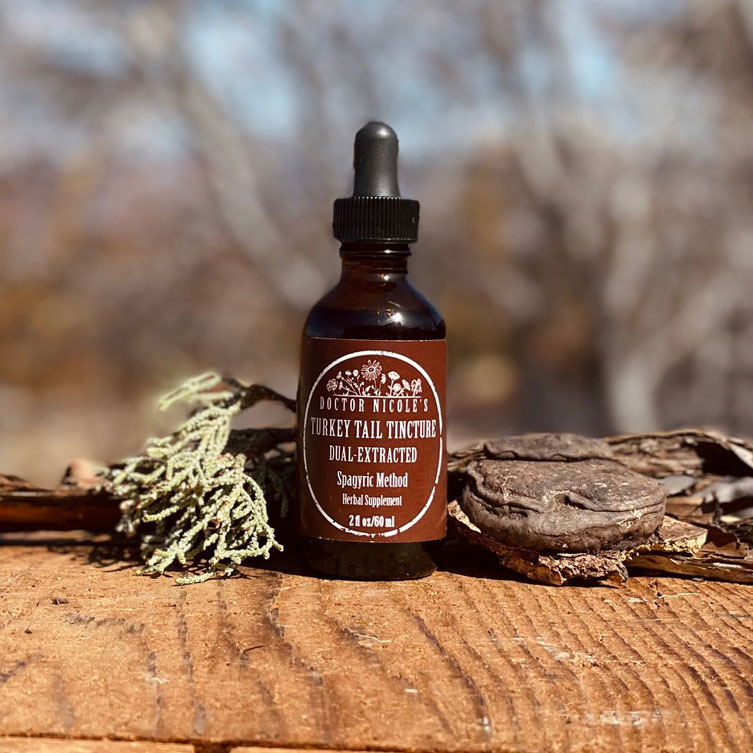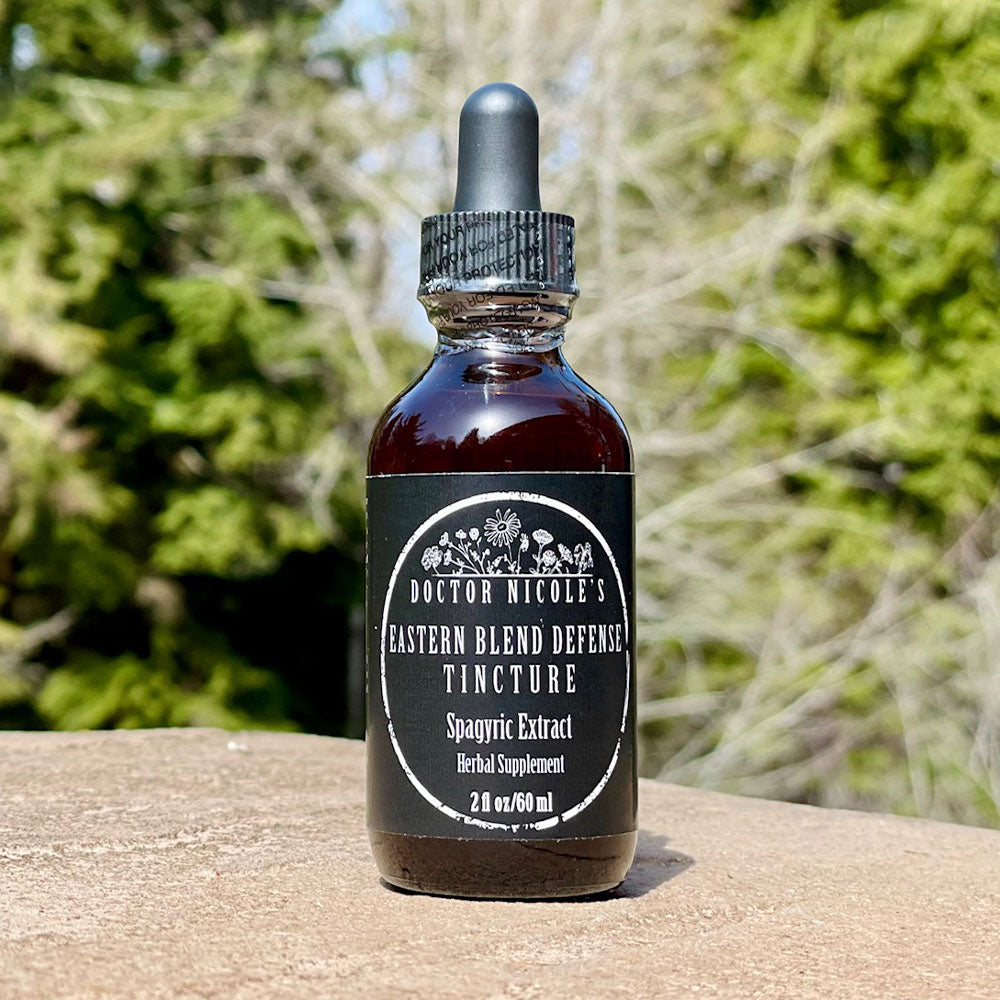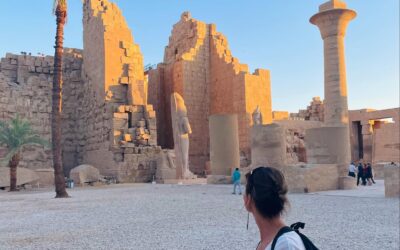The History and Origin of HIV
Today, after decades of research, human immunodeficiency virus (HIV) is known worldwide as a severe retroviral infection that causes the destruction of the immune system, which can lead to acquired immunodeficiency syndrome (AIDS). Researchers believe that HIV originated from a specific type of chimpanzee in Central Africa and may have jumped from the animal to humans as far back as the late 1800s. Simian immunodeficiency virus (SIV) is an HIV-related virus that attacks the immune system of apes and monkeys. In 1999, a strain of chimpanzee SIV was discovered that is almost identical to HIV.
It is suspected that the virus likely jumped to humans when infected blood of chimps came into contact with the wounds and cuts of hunters. It then began to spread among the human population and triggered a global pandemic in 1920 that began in Kinshasa, the capital of the Democratic Republic of Congo. From there, it spread worldwide due to advances in transportation, the movement of migrants, and the sex trade. In the 1960s, HIV once again began to rapidly spread when those who had lived in the colonial Democratic Republic of Congo returned home to Haiti and the Caribbean. The virus then traveled from the Caribbean to New York City in the 1970s and again to San Francisco a decade later, where it subsequently spread internationally due to widespread availability of airline travel.
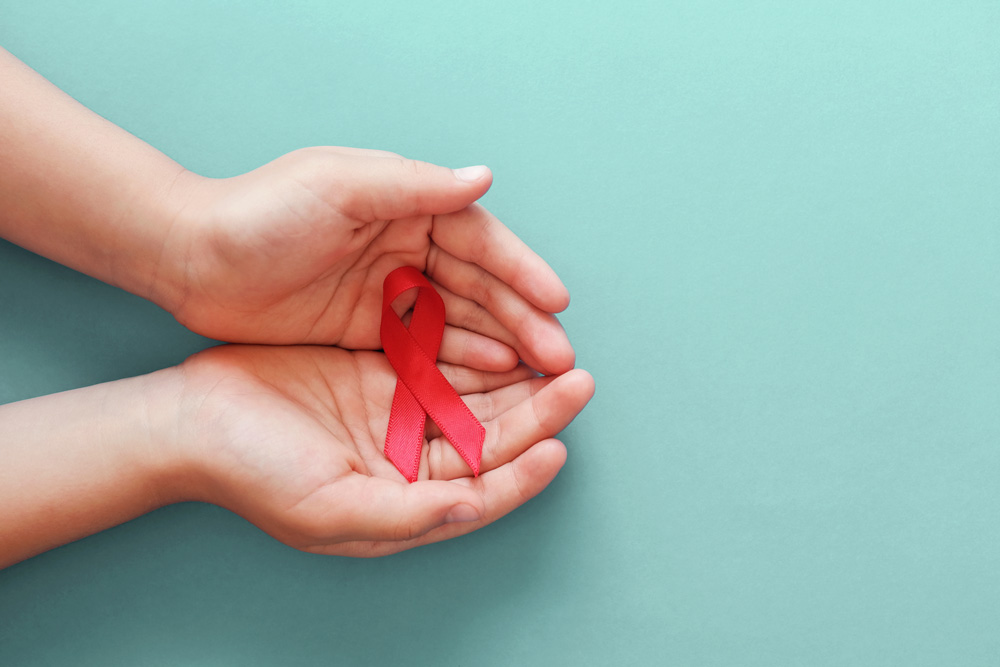
What is HIV and How Does it Develop into AIDS?
In short, HIV is a contagious virus that severely damages the immune system. If left untreated, it can destroy immune T cells and leave an individual vulnerable to a range of health conditions and cancers. It is considered a retrovirus, meaning that it inserts itself permanently into the DNA of cells and can never be eliminated from the body. However, a London research team may have recently discovered a way to recreate a healthy immune system via stem-cell transplantation in those with HIV.1 Symptoms of an initial HIV infection can be mild to severe and can include:
- Chills
- Fever and night sweats
- Swollen and tender lymph nodes
- Aches and pains
- Skin rashes
- Headache
- Nausea
- Sore throat
- Vomiting
- Diarrhea
- Weight loss
- Recurring yeast infections
- Pneumonia
- Shingles
- Chronic fatigue
These symptoms may cycle and last for a few days up to several weeks. Some who have contracted the virus may not have any symptoms at all. It is at this stage that the viral load is very high and the likelihood of transmission is significant via blood, semen, vaginal and rectal fluids, or breast milk. One surprising complication of an HIV infection is that it can cause leaky gut.2 If left untreated, HIV may develop into acquired immunodeficiency syndrome (AIDS), where the immune system becomes so severely impaired that it struggles to respond to infection and disease.
Once the infection has progressed to AIDS, the body often becomes resistant to antiretroviral treatment. Symptoms are similar to an initial HIV infection, which may also be accompanied with the following:
- Dark spots under the skin or within the mouth, nose, or eyelids
- Skin lesions or bumps
- Sores found inside the mouth and on the tongue, genitals, or anus
- Extreme weight loss
- Neurological issues, such as brain fog, memory loss, and confusion
- Anxiety and depression
Needless to say, if you suspect HIV or have been exposed to the bodily fluids of someone with the infection, it is crucial to be tested early as diagnosis is key to managing symptoms, reducing viral load, and preventing the development of AIDS. Antiretroviral medications and stem-cell transplantation are two methods for addressing the disease. Turkey tail and reishi medicinal mushrooms can also be helpful in suppressing viral replication, strengthening the immune system, and minimizing symptoms. Healing leaky gut is also important, as we will discuss below.
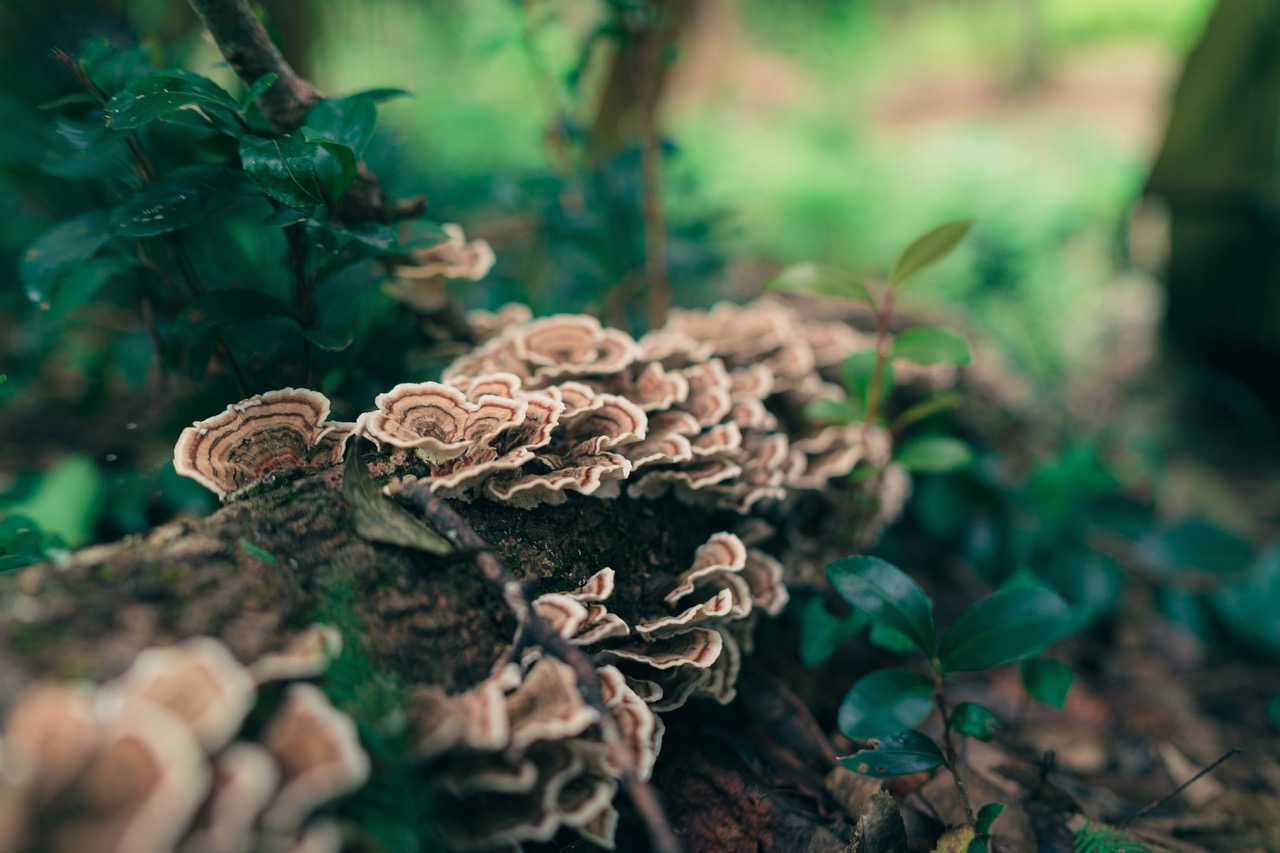
Supportive Natural Remedies
When treating an HIV infection, I cannot stress enough the importance of working with a knowledgeable healthcare practitioner due to the seriousness of the condition. Natural methods are an outstanding compliment to your prescribed protocol as they are antiviral, boost T cell activity, and treat conditions that develop in tandem with the disease.
The Gold-Standard of Medicinal Mushroom Extracts
When choosing a medicinal mushroom extract to manage the symptoms and related health conditions of HIV and AIDS, it is important to make sure it is dual-extracted, only uses the fruiting body, and employs the spagyric extraction method, like the tinctures found in my apothecary. This will ensure full potency and effectiveness. You can learn more about these methods and why they matter here.
Turkey Tail
Research published in the International Journal of Medicinal Mushrooms found that turkey tail demonstrates “immune enhancement, anti itumor, antiviral, antibacterial, and antioxidant properties.”3 Of particular interest is PSK, a bioactive compound found in the mushroom that is highly antiviral and inhibits HIV replication in vitro. It has also been used to successfully treat Kaposi’s sarcoma, a type of skin cancer that impacts AIDS patients. Additionally, turkey tail stimulates the production of interferon, which helps to prevent HIV from binding to lymphocytes. Depletion of lymphocytes is the main cause of the development of the acquired immunodeficiency in AIDS. Turkey tail is also anti-inflammatory and helps to control the overgrowth of candida, while feeding the “good” bacteria in the microbiome, which is important for treating and healing leaky gut.
Reishi
Similar to turkey tail, reishi is also antiviral, anti tumor, antioxidant, and antibacterial. Additionally, it addresses fungal infections and inflammation. This is of particular importance for anyone who has HIV/AIDS because the likelihood of fungal infections such as candida, pneumocystis pneumonia (PCP), histoplasmosis, coccidioidomycosis, and cryptococcosis are common when immunity is suppressed. HIV also causes significant inflammation in the body, which can damage the spinal cord and brain.4 Reishi can also help to ease the depression and brain fog that often accompany an HIV infection, while also alleviating fatigue.6,7,8
Leaky Gut
Another complication that goes hand-in-hand with an HIV infection is leaky gut. Alan D. Levine, PhD, professor of medicine, pharmacology, pathology, molecular biology and microbiology, and pediatrics at Case Western Reserve University School of Medicine, and his team have published evidence in the journal PLOS Pathogens that HIV patients typically suffer from significant leaky gut syndrome.
“The decline of the tight junctions correlated with increased microbial translocation and a greater level of inflammation throughout the body,” Levine said. “This finding provides evidence that a defect in the gut wall allowing bacterial products to leak out is the likely source of immune activation and subsequent inflammation. Basically, we found with this group of HIV-positive patients that the gut is leaky and why.”2
Levine concludes that “…the clinical implication is quite clear. We will need additional supplemental therapeutic approaches to repair this damaged epithelium in the colon.”
Need a little extra support for healing leaky gut? Not only does my Balanced Gut Blend contain turkey tail and reishi mushroom extracts, but it also is formulated with plantain, slippery elm, and marshmallow root to soothe the mucus membranes and create a protective layer that helps the gut to regenerate. Moreover, this powerful formulation includes lion’s mane mushroom to cool the inflammatory response via antioxidant action, thereby helping to heal leaky gut.
Powerful Antiviral Support
Our Eastern Blend is another outstanding antiviral and immune-boosting option. It contains concentrated extracts of Chinese skullcap, Japanese honeysuckle, Japanese knotweed, and cordyceps mushroom. These research-backed botanicals address viral and bacterial infections, respiratory illness, cancer, anxiety, fatigue, insomnia, and more. Additionally, this formulation has powerful anti-inflammatory action and helps to boost/modulate the immune system.
We Are Believers — These Products Work!
“My family and I have used Nicole’s tinctures for quite some time with incredible results — and her Eastern Blend is no exception!
I have struggled health-wise for years due to Lyme disease, but when we experienced non-stop contagious illness in the winter, spring, and summer of 2021-2022, including contracting “you-know-what” an astounding three times in nine months, I knew we needed a different approach.
We started with the Bronchial Blend, which took care of our severe respiratory issues within a few days. For autumn and winter of 2022, we began using Nicole’s Eastern Blend, Travel Pack, Mushroom FOURtress, and Balanced Gut.
Wow, what a difference from last year! We have not been sick one time, even though everyone else around us has been impacted by strep throat, influenza A, severe acute respiratory syndrome, and more. Plus, the inflammation, brain fog, and fatigue from the Lyme has disappeared. We are believers — these products work!
Thank you Nicole for your dedication to natural health and sharing it with the world!”
-C. Wright
Are you ready to experience the power of herbal extracts for yourself? Visit the apothecary today to learn more!
Nicole Apelian
Nicole’s Apothecary Products in this Post
References
- Kawamoto, Y., Ueno, Y., Nakahashi, E., Obayashi, M., Sugihara, K., Qiao, S., Iida, M., Kumasaka, M. Y., Yajima, I., Goto, Y., Ohgami, N., Kato, M., & Takeda, K. (2016). Prevention of allergic rhinitis by ginger and the molecular basis of immunosuppression by 6-gingerol through T cell inactivation. The Journal of nutritional biochemistry, 27, 112–122. https://doi.org/10.1016/j.jnutbio.2015.08.025. https://pubmed.ncbi.nlm.nih.gov/26403321/
- Ishikawa, Y., Tokura, T., Nakano, N., Hara, M., Niyonsaba, F., Ushio, H., Yamamoto, Y., Tadokoro, T., Okumura, K., & Ogawa, H. (2008). Inhibitory effect of honeybee-collected pollen on mast cell degranulation in vivo and in vitro. Journal of medicinal food, 11(1), 14–20. https://doi.org/10.1089/jmf.2006.163. https://pubmed.ncbi.nlm.nih.gov/18361733/
- Mlcek, J., Jurikova, T., Skrovankova, S., & Sochor, J. (2016). Quercetin and Its Anti-Allergic Immune Response. Molecules (Basel, Switzerland), 21(5), 623. https://doi.org/10.3390/molecules21050623. https://pubmed.ncbi.nlm.nih.gov/27187333/


